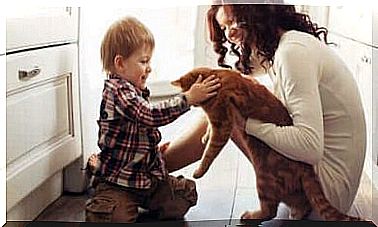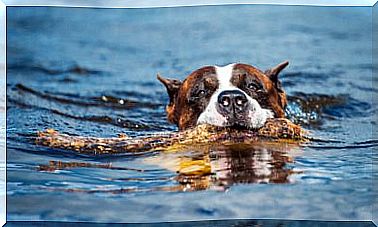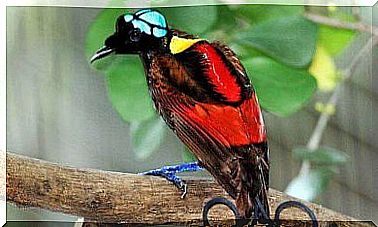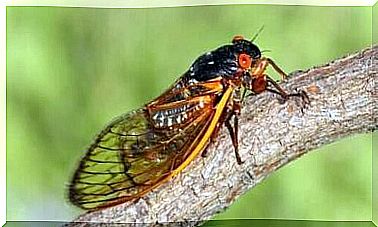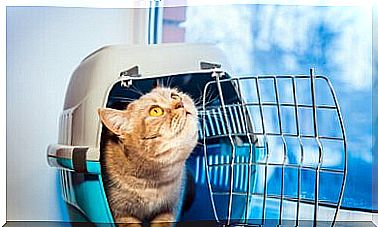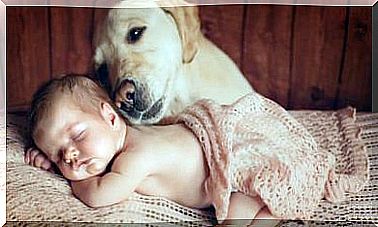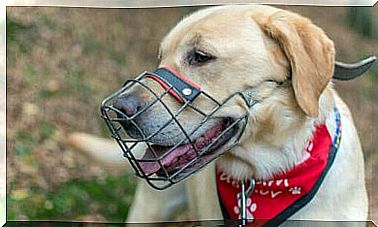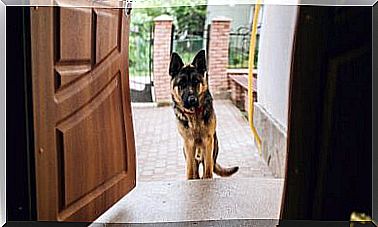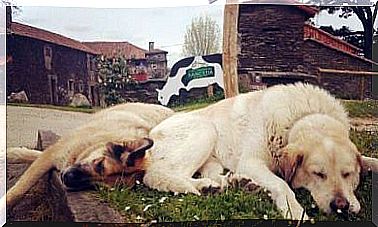Most Common Causes Of Pneumonia In Pets
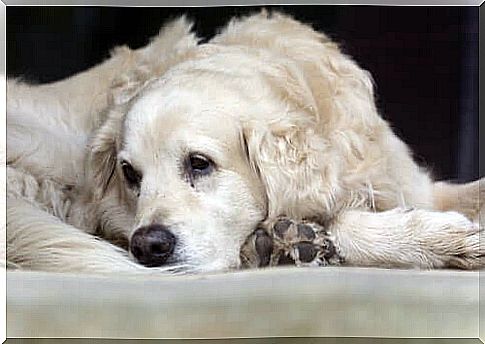
It is possible that many readers may have recently visited a veterinary clinic because their pet had respiratory problems. In daily practice, most of these situations are easily resolved, as the pathological processes involved are not very serious. Colds or tracheitis are generally the most frequent respiratory illnesses. However, sometimes the condition can get worse and lead to pneumonia. The causes of this pathological process are many and varied, and below we will delve into the most frequent ones.
What is pneumonia?
Pneumonia includes all clinical processes that cause inflammation of lung tissue. When bronchial tissue is also affected, the term bronchopneumonia is used.
In daily practice, the distinction between pneumonia and bronchopneumonia is complicated and unnecessary. Often, when the disease occurs, it affects the entire lung parenchyma and bronchial tissue indistinctly.
Causes of Pneumonia in Pets
The causes involved in the development of this disease are varied. However, we will focus on the most important and frequent ones, which are usually the cause of most pneumonia treated in the veterinary clinic.
bacterial pneumonia
It is an inflammatory response to the growth of virulent and pathogenic bacteria in the lung parenchyma.
These bacteria enter the upper respiratory tract through breathing or aspiration. The hematogenous route, that is, through the bloodstream, is also documented, although it occurs much less frequently.
At this point, it is especially relevant to mention aspiration pneumonia. It often occurs by aspiration of vomiting and regurgitation in animals that have fainted. To avoid this complication, it is vitally important to position the animal with the posterior third slightly elevated to avoid breathing regurgitated fluids.
When microorganisms are established, a number of factors must be present for the infection to develop, as the body’s own natural defenses often face the bacteria that have colonized the area.
The most common pathogens implicated in pet pneumonia are:
- Bordetella bronchiseptica
- Streptococcus zooepidemicus
- Escherichia coli

Allergic Pneumonia
It consists of an inflammatory response of the lung parenchyma to the action of certain antigens.
The form of penetration into the respiratory system most often occurs through breathing, although the hematogenous route is also considered.
As many readers will know, allergy is nothing more than an overreaction of the immune system to a substance known to be dangerous. Therefore, when the allergen enters the lung, the body detects it as dangerous and produces a reaction to eliminate it at all costs.
The agents most frequently implicated in allergic pneumonia are:
- Plant spores.
- Fungal hyphae.
- Insect antigens such as mites.
- Parasitic antigens.
fungal pneumonia
Inflammation of lung tissue caused by a reaction to fungal infections. The way of entry into the respiratory system occurs through the inhalation of spores present in the soil.
When the animal sniffs the soil, it can inhale pathogenic spores that colonize and reproduce in the lung parenchyma. The temperature and humidity conditions recreated in the body are perfect for mold growth. Due to lifestyle habits, this disease occurs more often in dogs than in cats.
The fungi most frequently involved in the development of this process are the following:
- Blastomyces dermatitidis
- Histoplasma capsulatum
- Coccidioides immitis
- Cryptococcus neoforms
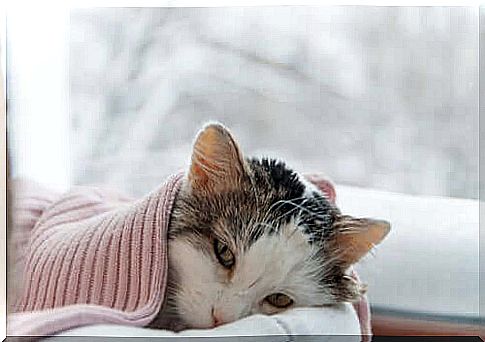
Conclusions
Although the body’s defenses are able to fight off most pathogens before causing disease, we must not forget that the risk exists. Early detection is essential for the prognosis and development of the pathology.
Therefore, at the slightest symptom of a respiratory illness, such as frequent coughing, sneezing or mucus, we should contact our veterinarian.
